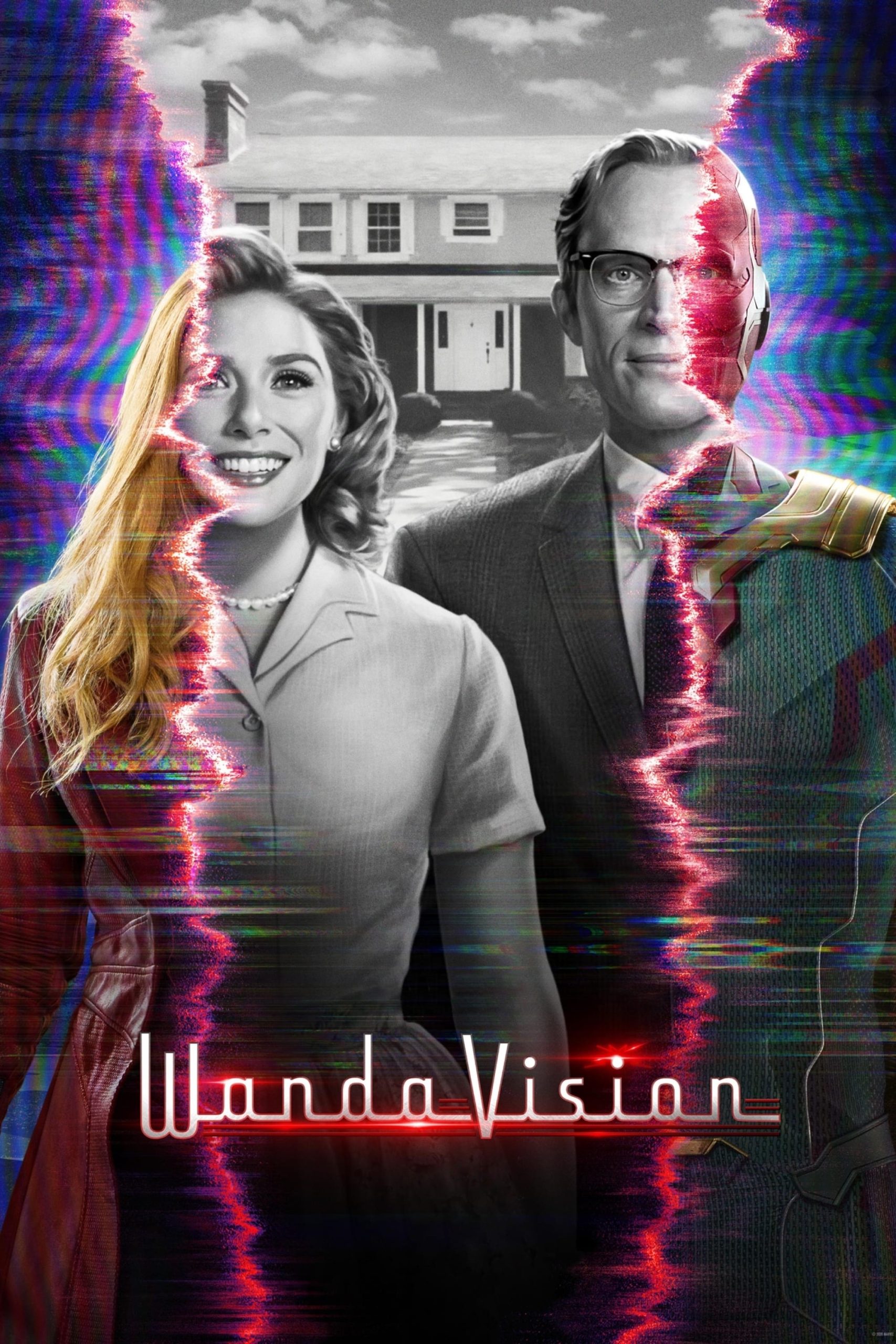
Wanda Maximoff and Vision—two super-powered beings living idealized suburban lives—begin to suspect that everything is not as it seems.
13 May Wandavision (2021)
Humans vs Robots
I work in military AI. As in ordinary domains where AI is applied, we have two camps. One is smitten with the future of what AI can do, and foresee a day where nearly everything we do as humans can be done better by machines. Innovation to these folks is in finding new services enabled by this magic, and a common analogy is to our adoption of electricity to do work.
The other camp, my camp, is vastly smaller. We see the analogy to electrical power, and know that machines will take over many functions, including many surprising and revolutionary ones, but not the clever ones. We know that in large scale global competition, it will be the countries that understand this that will dominate — the ones that understand the new slivers of creativity we can discover, populate and exploit.
One of our primary tasks is to sort out what machines can do and cannot, in order to design systems that extend the human creative systems rather than replacing them.
Colleagues are puzzled. ‘What is it that machines will never do?’, they ask and I point them to two kinds of film, or even two kinds of filmmakers. My decades long study of the evolution of storytelling in long form film helps me here.
There is a certain quality of self-awareness that we play with. Our human urge drives ahead of what would be expected, and many of us are drawn to the results.
The ‘machine’ in this case is the enterprise that creates entertainment narratives. Most of it is mechanical in the sense that AI is, and blockbuster superhero movies are an example. It is the compliance to known patterns that give these their fundamental appeal. Because that appeal generates income, Disney has acquired three properties, Star Wars, the Marvel Cinematic Universe and the Princess Complex that they can mine using what I will call AI implemented in human-based ‘machines’.
Nearly everything we will see from them will be a product of what AI can do. That is, what we see is the human implementation of AI that machines by themselves will be able to support over time.
What they cannot is what I call ‘folding’, where the value is not in the story per se, but the manner in which they story is told. Usually, in clever folding, that novel manner is explicitly represented, though not always. The first Star Wars movie (now numbered #4) was cleverly folded from film westerns. All that followed were algorithmic.
Marvel is more nuanced. I recall at MIT in 1967 (or thereabouts) being shown a Marvel comic — then fairly rare — that had an ordinary superhero adventure, possibly Silver Surfer. At the end it is revealed that what we’ve seen is a game being played by some higher level beings. The folding was blunt but novel for that media, and elevated it to adult status. This was Stan Lee’s innovation, not the worlds or characters, but the ability to insert folded layers of worlds.
“Wanda Vision” is an embracing of this. It is clever in how it introduces higher levels of world creation within the world we trace. This is different than, say “The Truman Show” where the manipulators are distinct from the actual viewers. With “Wanda” we are both the audience in our actual being and the beings that are included in the on-screen presence.
Can an AI capability do this? Yes, it can do this precise thing again and again with nuance. But it will never be able to initiate this specific folding technique, never. Not with the technology we have.
I can cite a few filmmakers who have this creative quality that will always elude machine learning, no matter how sophisticated, because they pull from that collaborative open world that exists between the narrative prompter and those of us that hold it. Set theoretic reasoning cannot get there as a hard limit.
In the eighties as I took over a DARPA project and went to GE R&D’s AI centre, I was appalled to find that their collection of a critical mass of AI researchers was not working on the military contract they had, but were instead looking for guidance on the next NBC TeeVee hit show. They were ahead of their time then, but not now. Machine AI can replace the human machine that made much of what we digest, and will.
But what Nolan, Kar-Wai, Welles, Medem, Greenaway do in folding, they never can, because by definition that will always be beyond their reach, in the surprise of new wedges into narrative engagement.
You want a military that is clever enough to never be used but still accomplish the goals? Follow the folding and start with “Wanda”, and the presumably folded Dr Strange layers we will discover, now being unrolled in “Loki”.
(Written as the first “Loki” episode appears.)
Authoritarian regimes stamp out narrative folding so will swallow AI whole. Good guys can use level agility within an AI context. Our epidemic of conspiracy theories tells us this is vitally alive in democracies.
Posted in 2022
Ted’s Evaluation — 3 of 3: Worth watching.


No Comments